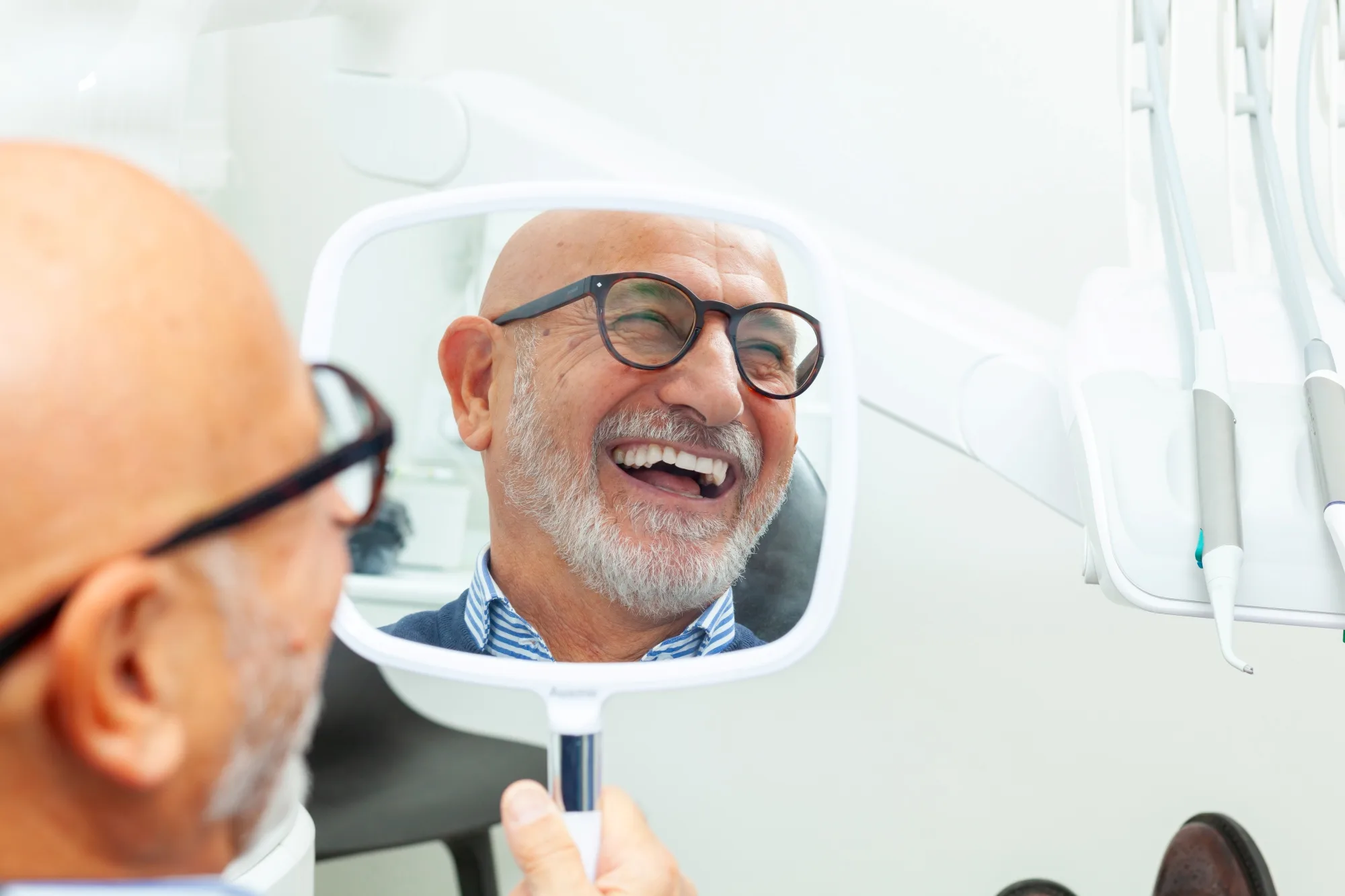
Sores on the Tongue: Symptoms, Causes, and Treatment

This blog has been reviewed and approved by Dr Robert Lee, a dental professional of 35 years
Table of Contents
Key Takeaways
- In most instances, sores on the tongue are not a severe condition and will heal over in a week or two.
- Different sores have different levels of severity. Keep an eye on sores that last over 3 weeks and seek medical attention if there is pain.
- Maintaining good bodily health can positively impact your oral health.